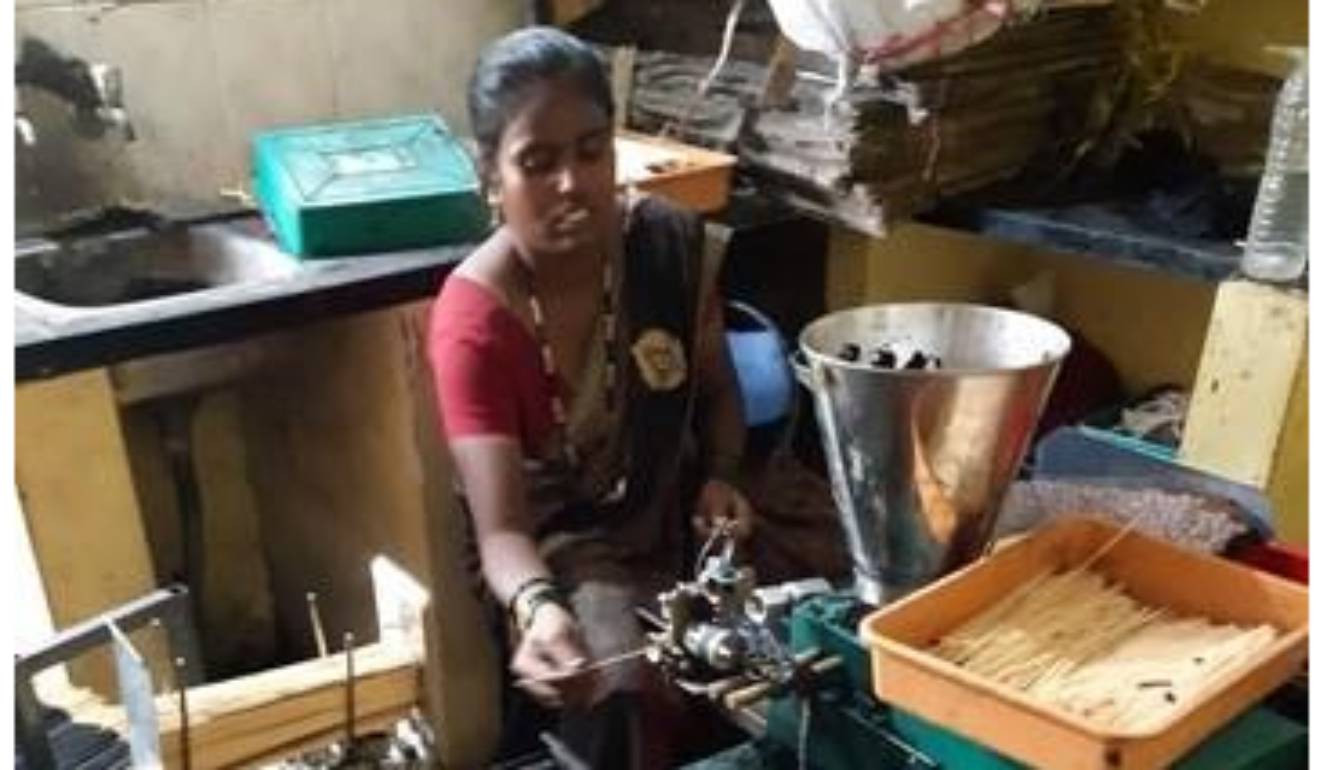
Of skilling, entrepreneurship and bridging the gap - Understanding the impact of CEDOK, Vijayapura
- By Ranjini Rao HS-- Copy Editor Ashwini Patekar
- January 18, 2022
The Centre for Entrepreneurship Development of Karnataka (CEDOK) is an autonomous organization under the Government of Karnataka and is actively supported by the Department of Skill Development, Entrepreneurship and Livelihood (SDEL). The organization imparts holistic skill training to candidates in two phases: Entrepreneurship Awareness Program (EAP) of three days, during which a candidate’s entrepreneurial bent of mind is assessed, and EDP (Entrepreneurship Development Program) of six days.
The CEDOK is active in 30 districts and has trained over 50,000 candidates in the last three years. A total of 1203 candidates have been trained in Vijayapura district since 2017 and a tracer study was conducted to assess grassroots level impact, on 119 candidates (64 Male, 55 Female).
As a Fellow, I personally visited three of the successful entrepreneurs within the Vijayapura city to understand their training experience and challenges growing their businesses. The visit covered trainees under the general EDP and the business planning and supply chain management training programs.
Sharada and Manohar Pattar, artisans, and entrepreneurs (general EDP trainee)
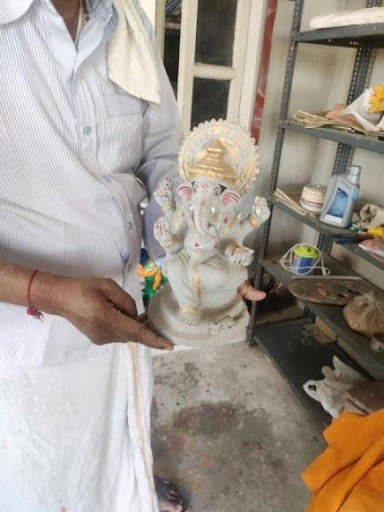
Eco-friendly Ganesha idol
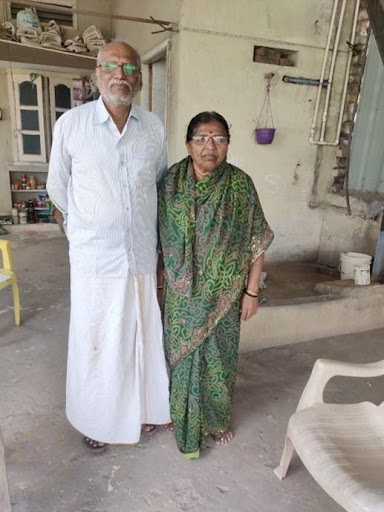
Sharada and Manohar Pattar.
Sharada (60) and Manohar Pattar (72), who hail from a family of artisans, have been making eco-friendly idols for festivals, cultural shows, and exhibitions for nearly 30 years now.
Their clients from Kolhapur, Gokak and Hubli have been buying from them for years. They now hope to export their products to USA. Their Ganesha idols are very popular and close to 300 persons book their idols well ahead of the Ganesha Chaturthi celebrations every year. The Pattars also hope to open an art gallery to exhibit their work, depicting the heritage and culture of Vijayapura. However, Sharada, says their efforts to secure a loan for business expansion have not borne fruit.
Lakshmi, entrepreneur (business planning and supply chain management trainee)
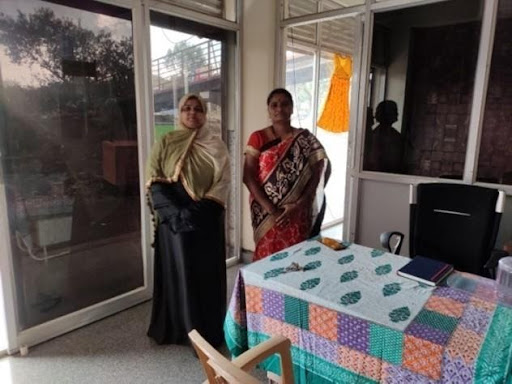
Laxmi (right) and one of the trainers.
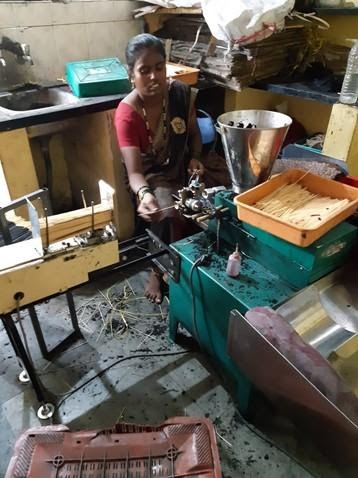
Agarbatti-making in progress.
Lakshmi (40) is a micro-entrepreneur who received training in business planning and supply chain management for six days in 2019. She runs a tailoring class every day for 30 people, which generates an income of Rs. 20,000 a month. She also has an agarbatti unit where she makes incense sticks for the Cycle brand of agarbattis. She has employed 20 women to prepare and pack the agarbattis, and pays them Rs. 300 a day. She has helped some women find employment in nearby garment factories and others to start micro businesses in various talukas of the district.
She hopes to expand to making baby kits and traditional dresses, which she hopes to sell in Kolhapur and Gandhinagar.
Rani, fitness trainer and entrepreneur (general EDP trainee)
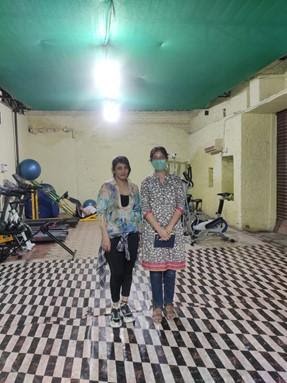
The author with Rani.
Rani (name changed) owns and runs a gym for women in the city. A busy mother of two, her day begins with household chores after which she wears her certified fitness trainer hat and goes to the gym where she trains 28 customers between 10 a.m. and 6 p.m.
Rani says she has invested Rs 7 lakhs in the business so far. She hopes to start yoga and zumba to her clients’ fitness routine. She also wants to open a lassi shop near a local college. She also toys with the idea of roping in college-goers to her gym once she opens her beverage kiosk!
Survey insights
The broad range of training programs offered by CEDOK are bag-making, ready-made garments, flour mill, spice mill, agarbatti-making, carpentry, welding and agriculture-related activity (making of vermicompost, agri-equipment sales etc) .
About 25 per cent of the trainees surveyed have started businesses in the manufacturing sector, primarily readymade garments, carpentry and food processing. The predominant service businesses were CSCs (Common Service Centers), electronics repair centres, retail sales of footwear and garments, and training. About 52% of the trained candidates reported having some business activity post training, out of which 10% reported closure of business.
Furthermore, 32% of the respondents expressed a need for further training in carpentry, flour mill unit establishment, business expansion, fashion designing, intricate embroidery and catering service and in trades which aren’t commonly taught in the district.
Challenges of entrepreneurs
Entrepreneurs reported that their loan applications were often rejected due to lack of proper documents and poor credit history. Female candidates, especially, struggle to make multiple trips to the bank, collect documents and apply for a loan and often give up midway. The CMEGP 1scheme, having been discontinued, has forced many beneficiaries, whose loans haven’t been sanctioned, to re-apply under the PMEGP. A few reported that sanctioned loans were not disbursed. Certain businesses, such as micro flour mills and garment units, are not perceived to be lucrative due to huge competition and scarce demand in rural areas. Hence, such entrepreneurs fail.
About 10% of the female respondents reported that they were unable to start anything owing to extensive domestic responsibilities, 41% of the female respondents have directly or indirectly reported that their freedom to start/expand a business has been strongly curtailed by familial pressure, and poor digital access and literacy; one in 10 phone numbers provided by the women was either the husband’s, the father’s, or the neighbour’s.
Challenges of banks
Banks report a huge mismatch between the size of business and loan amount applied for. And, they also report that several beneficiaries don’t utilize the loan amount for the designated business purposes. They also go to informal agents who often misguide them about loan application procedures. This coupled with fake messages and fake calls to beneficiaries about so-called loan waivers and interest-free loans hamper the efforts made by banks.
Providing incubation support to early-stage enterprises at nearby incubators such as BEC STEP2, mobilizing entrepreneurs for the ‘Navodyami’3 program by the Deshpande Foundation, and incorporating social media marketing and digital literacy training will enable and empower entrepreneurs
References: [1] https://cmegp.kar.nic.in/Home.aspx
[2] https://becbgk.edu/STEP/STEP_Home.php
[3] https://www.deshpandefoundationindia.org/blog/navodyami/

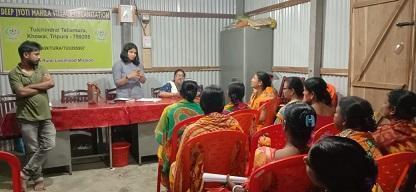
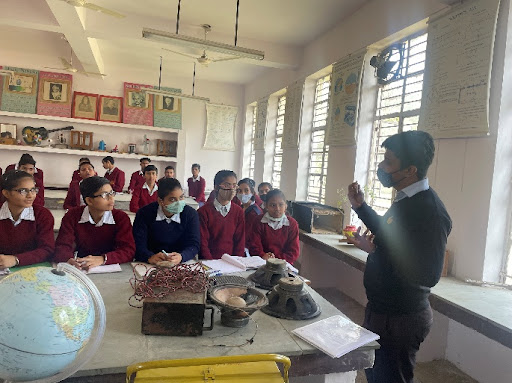
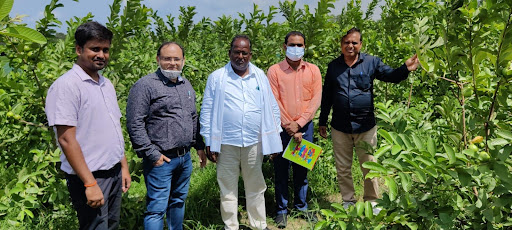
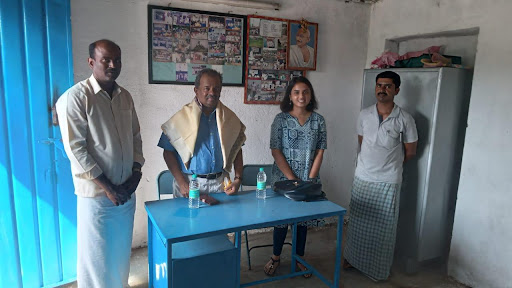
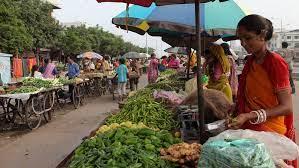
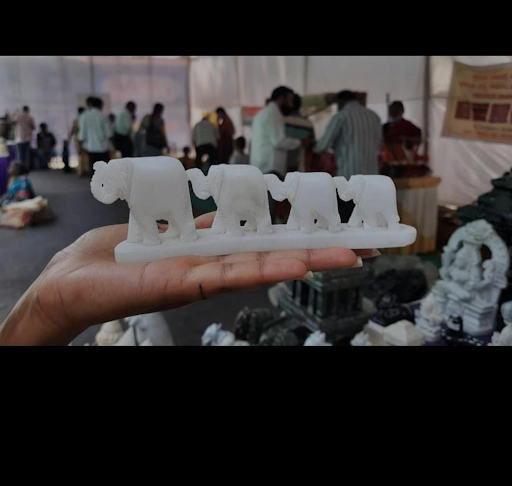
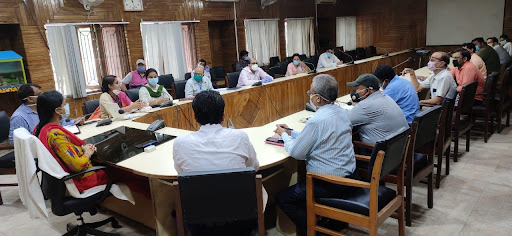
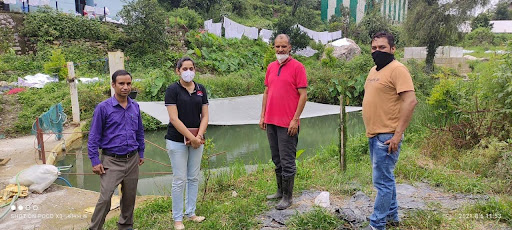
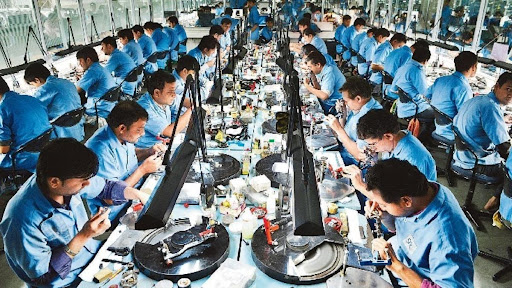

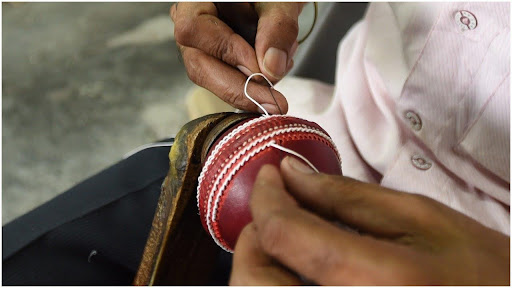
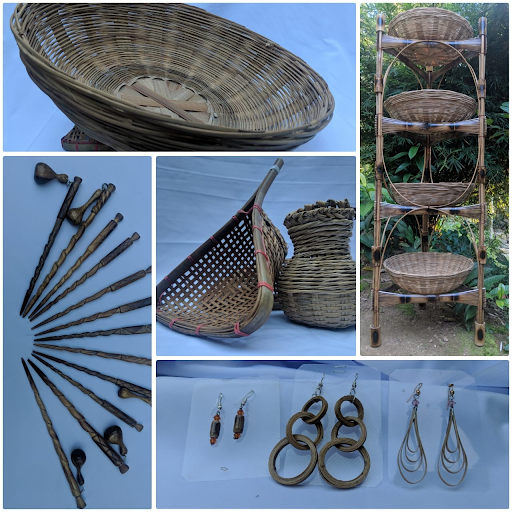
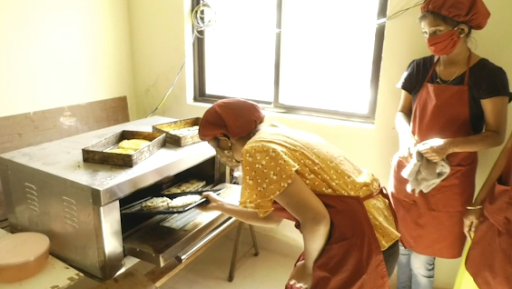
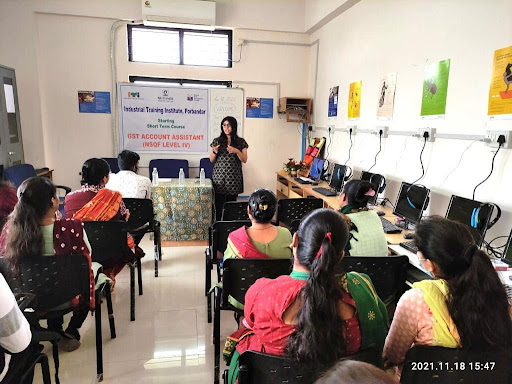


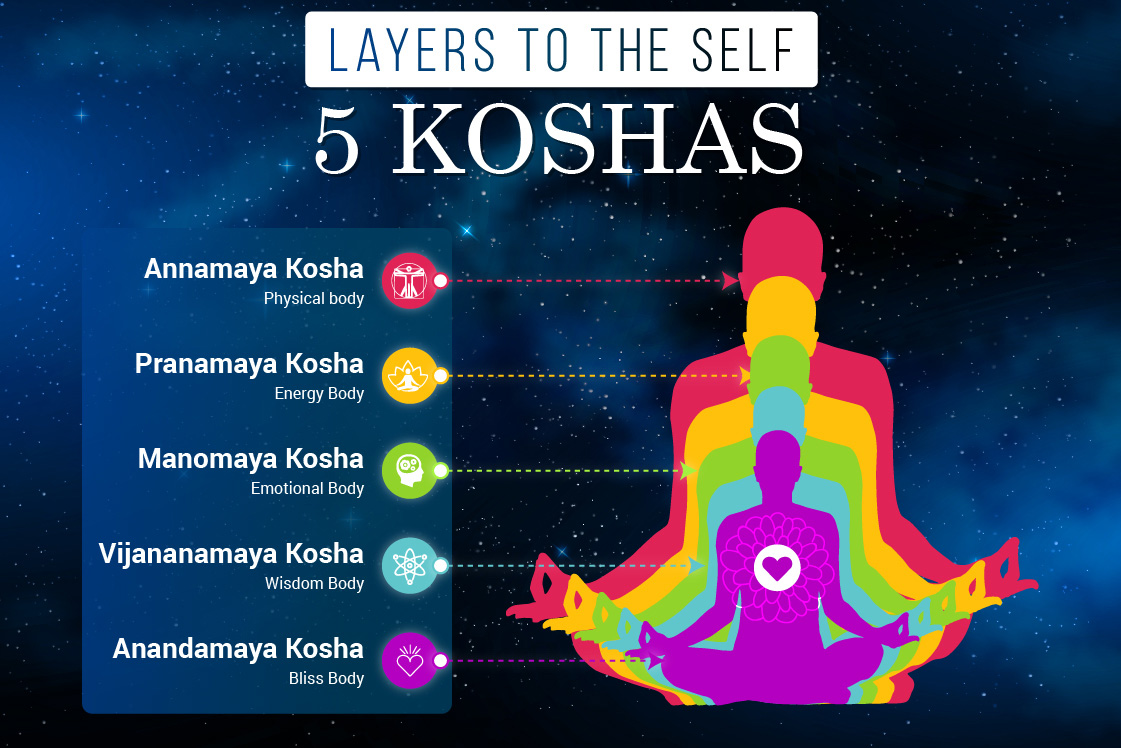
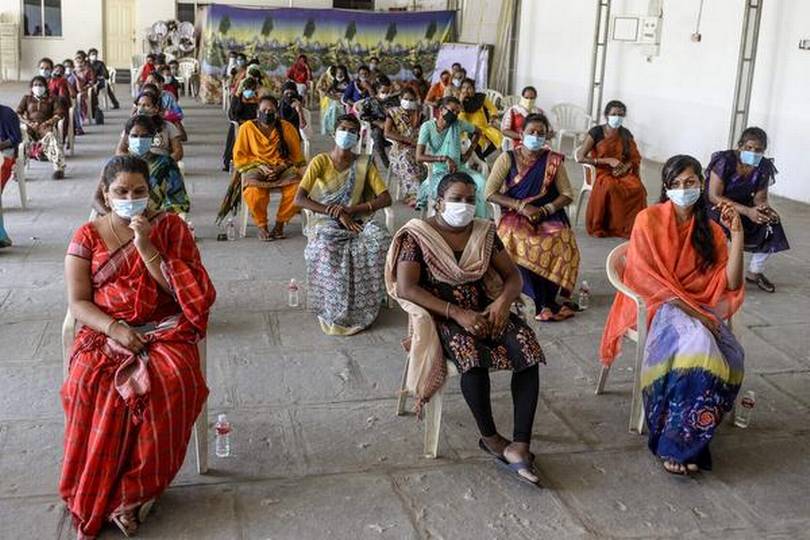
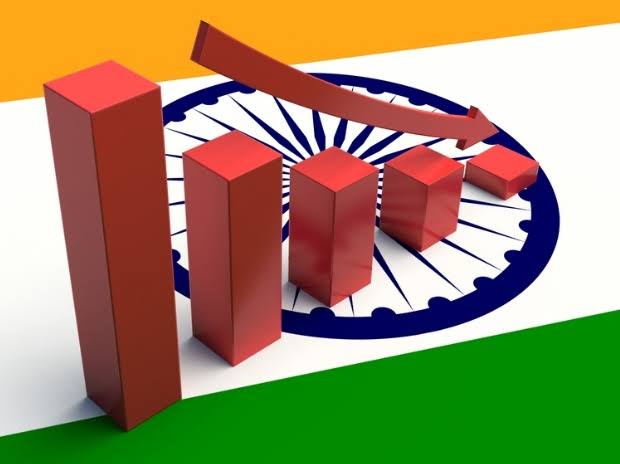
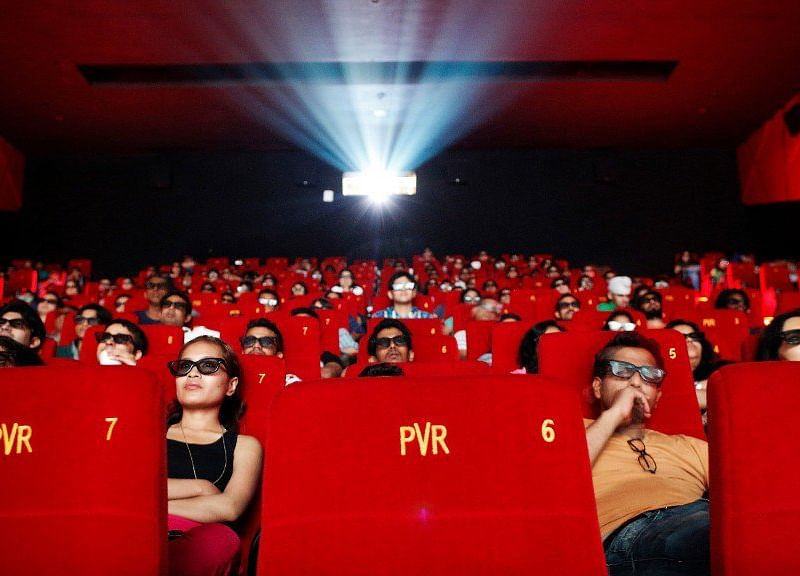






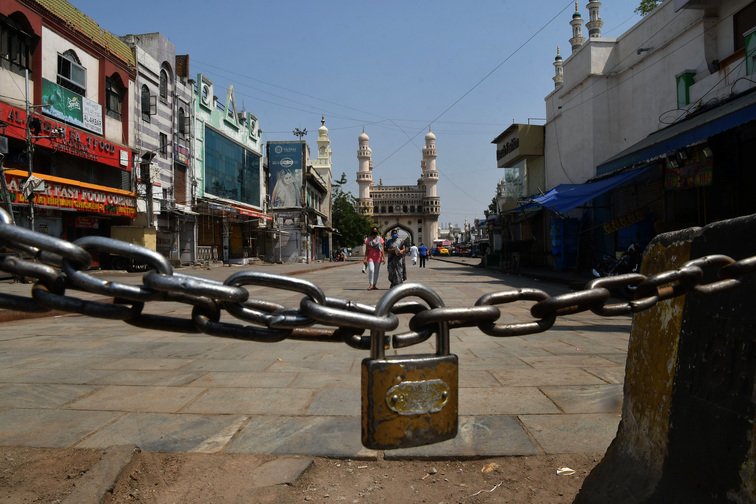
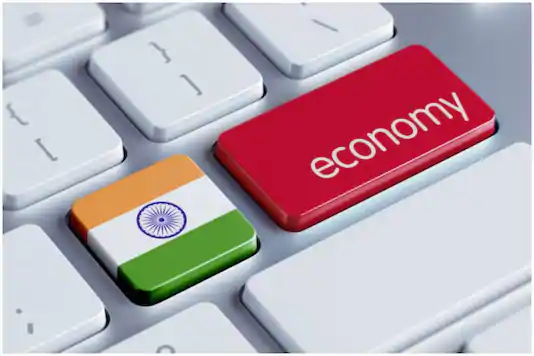



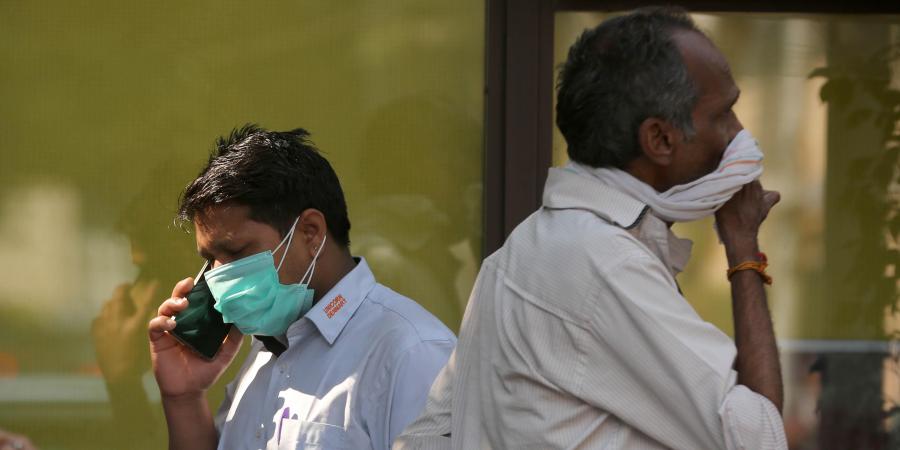
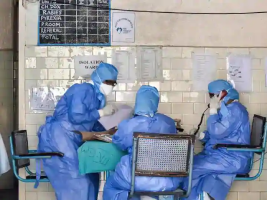
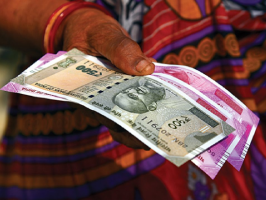
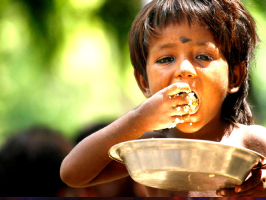
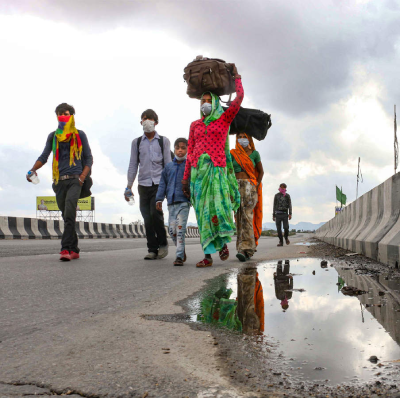
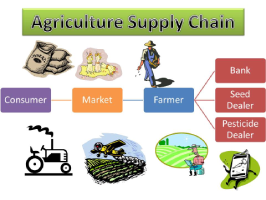
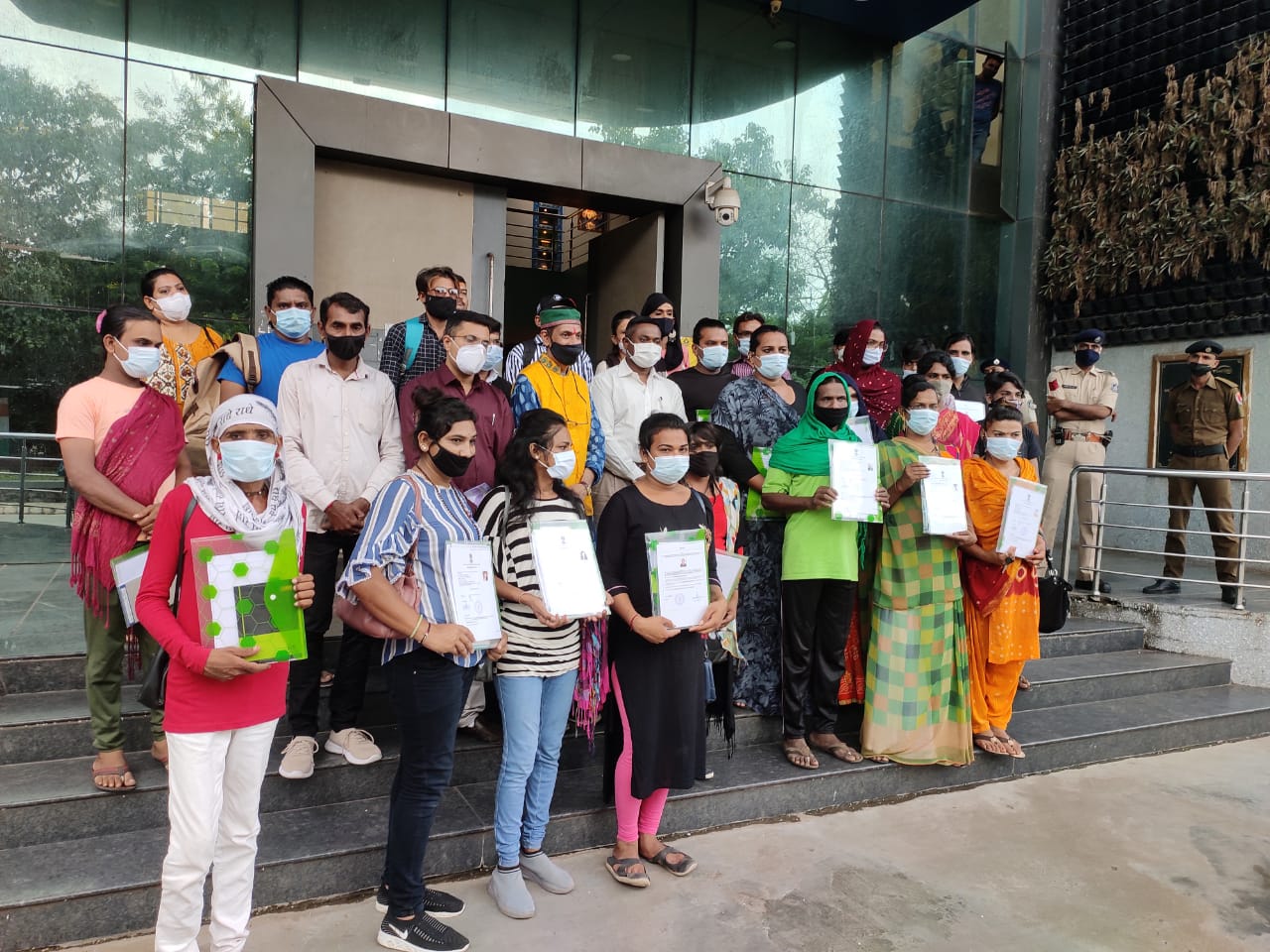
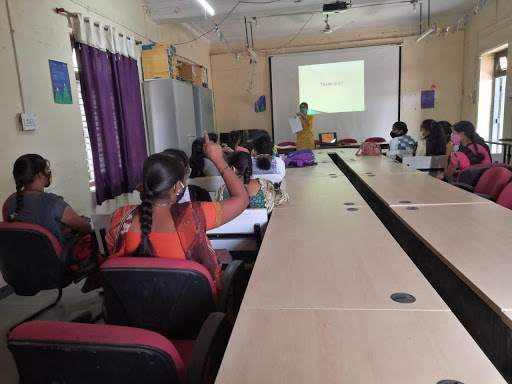


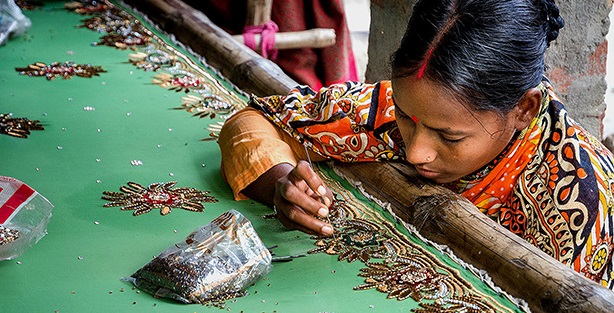
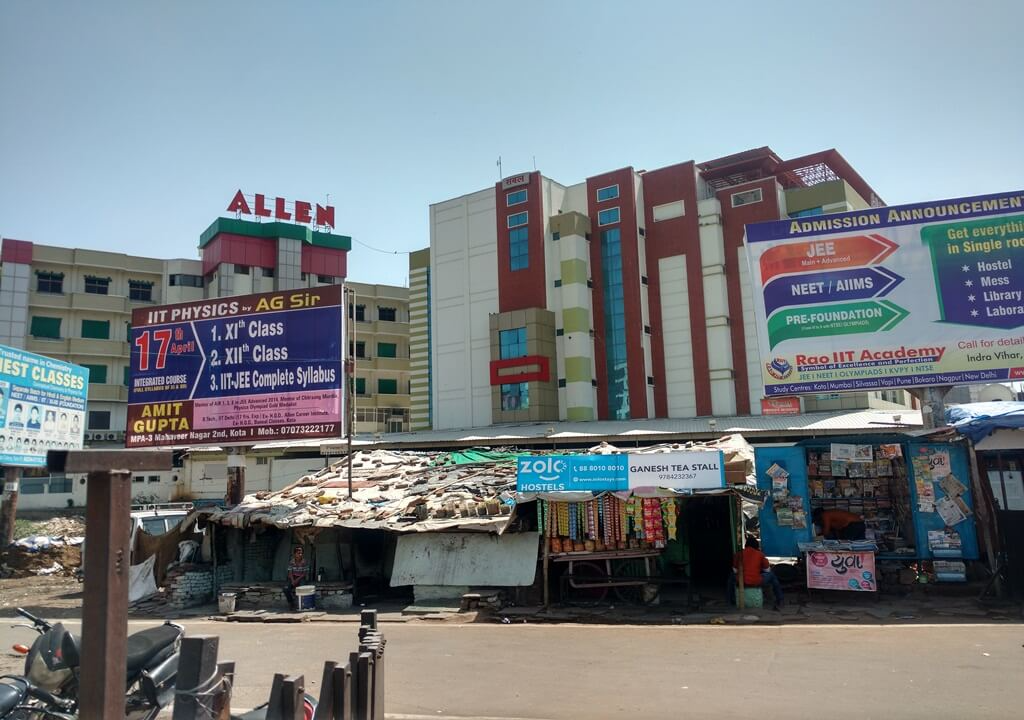
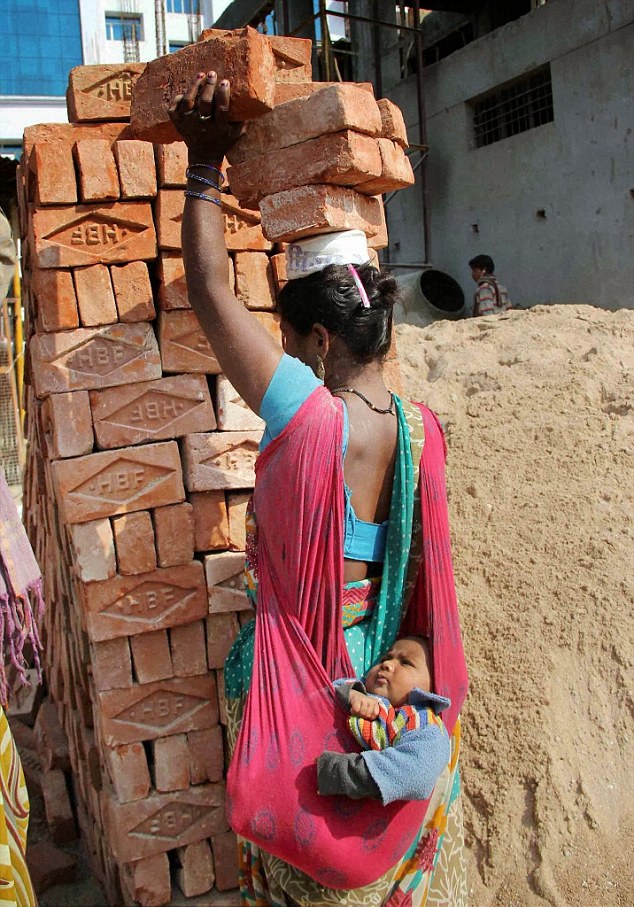
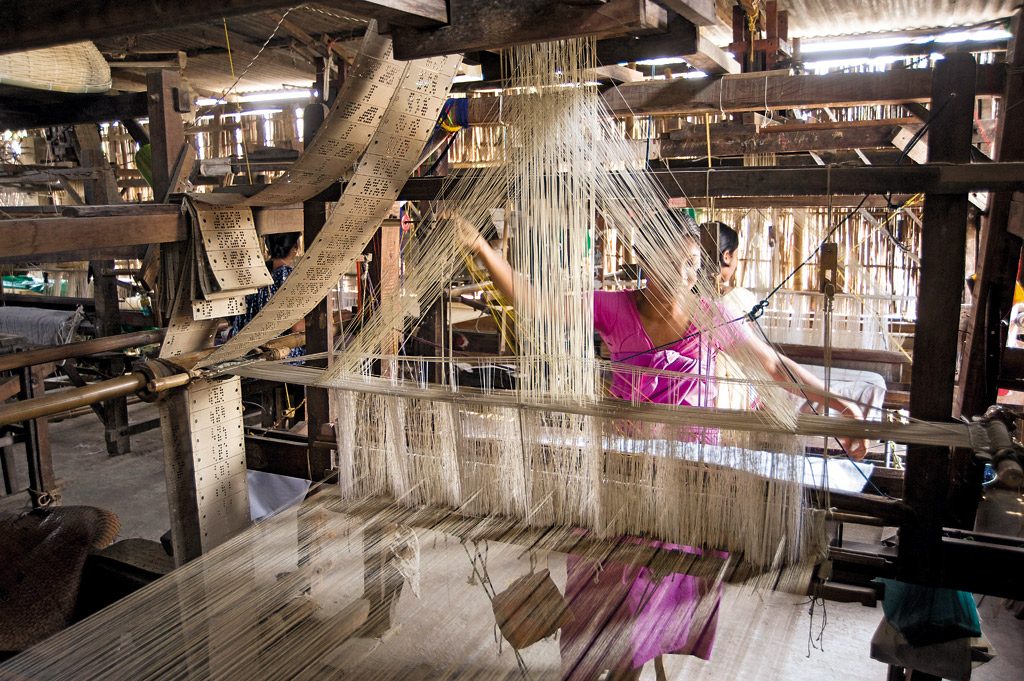
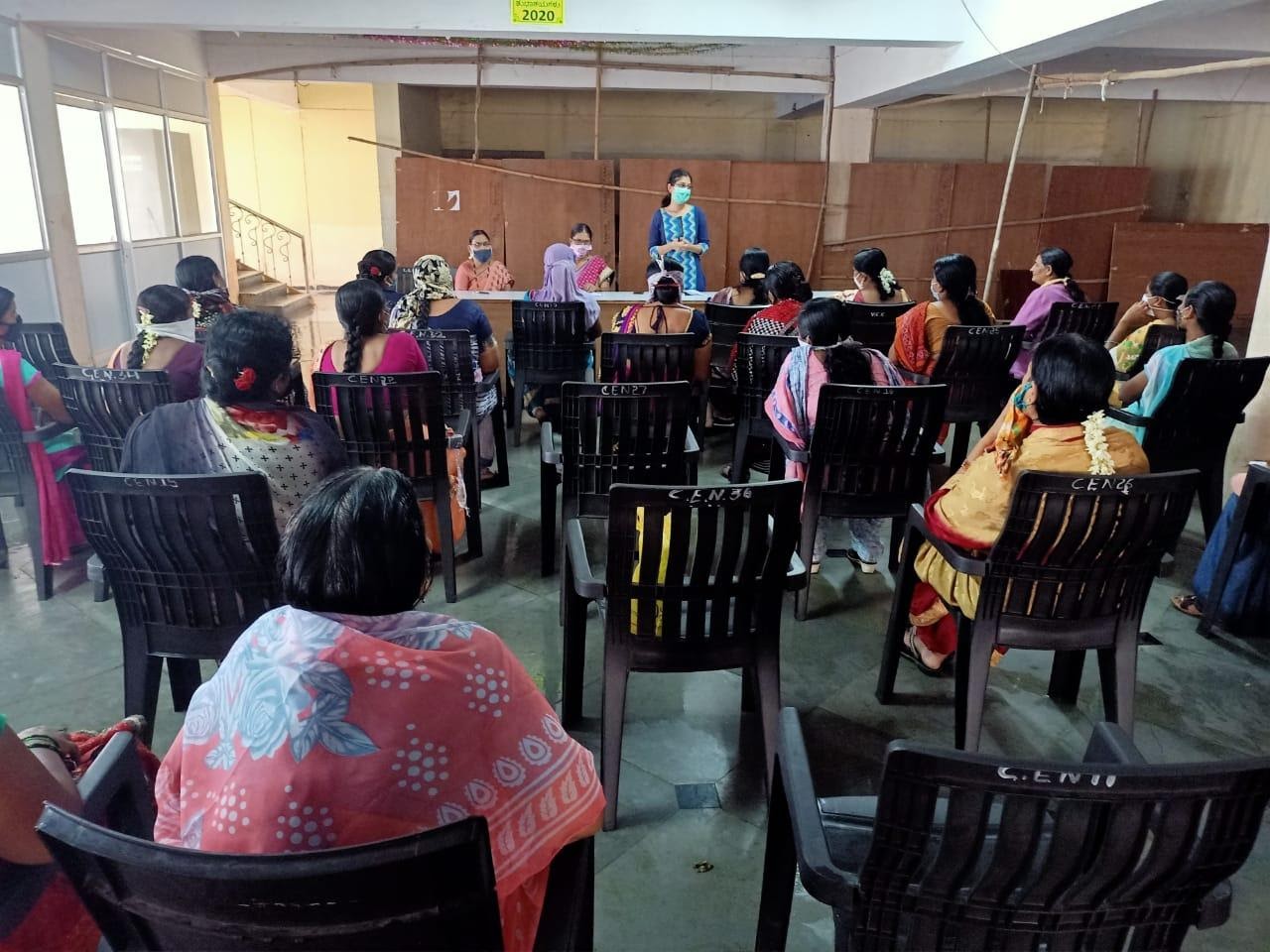
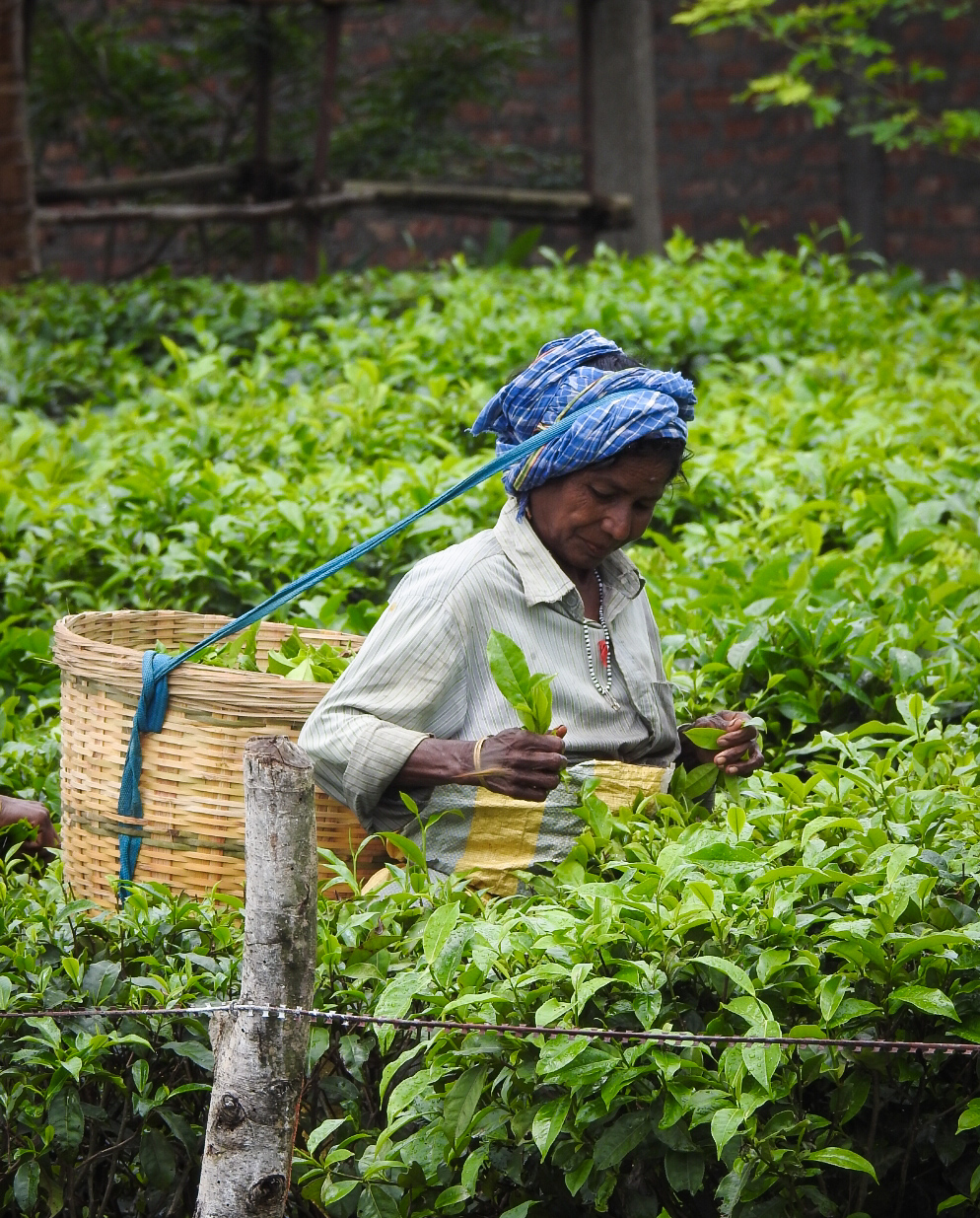

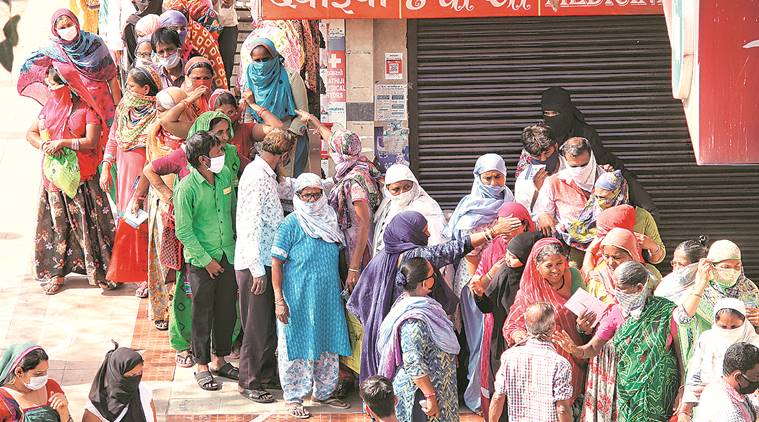

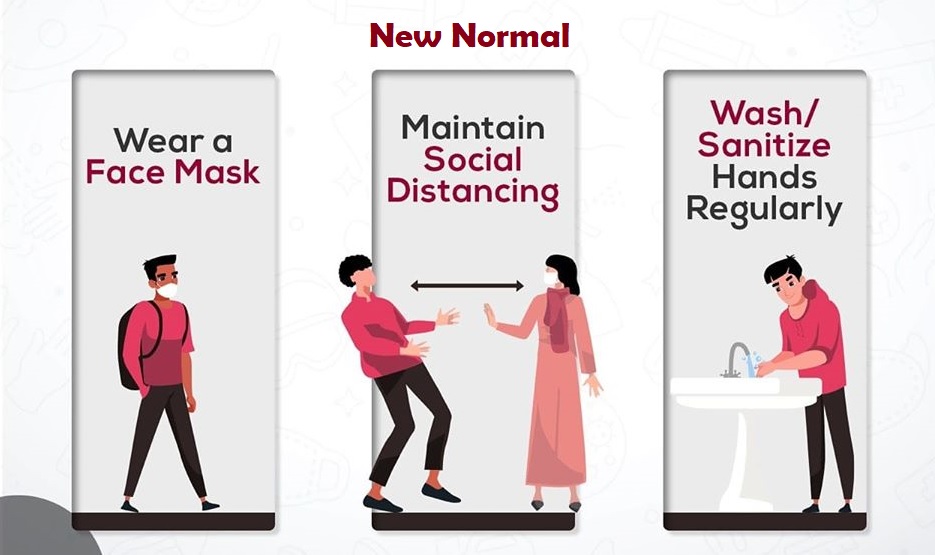


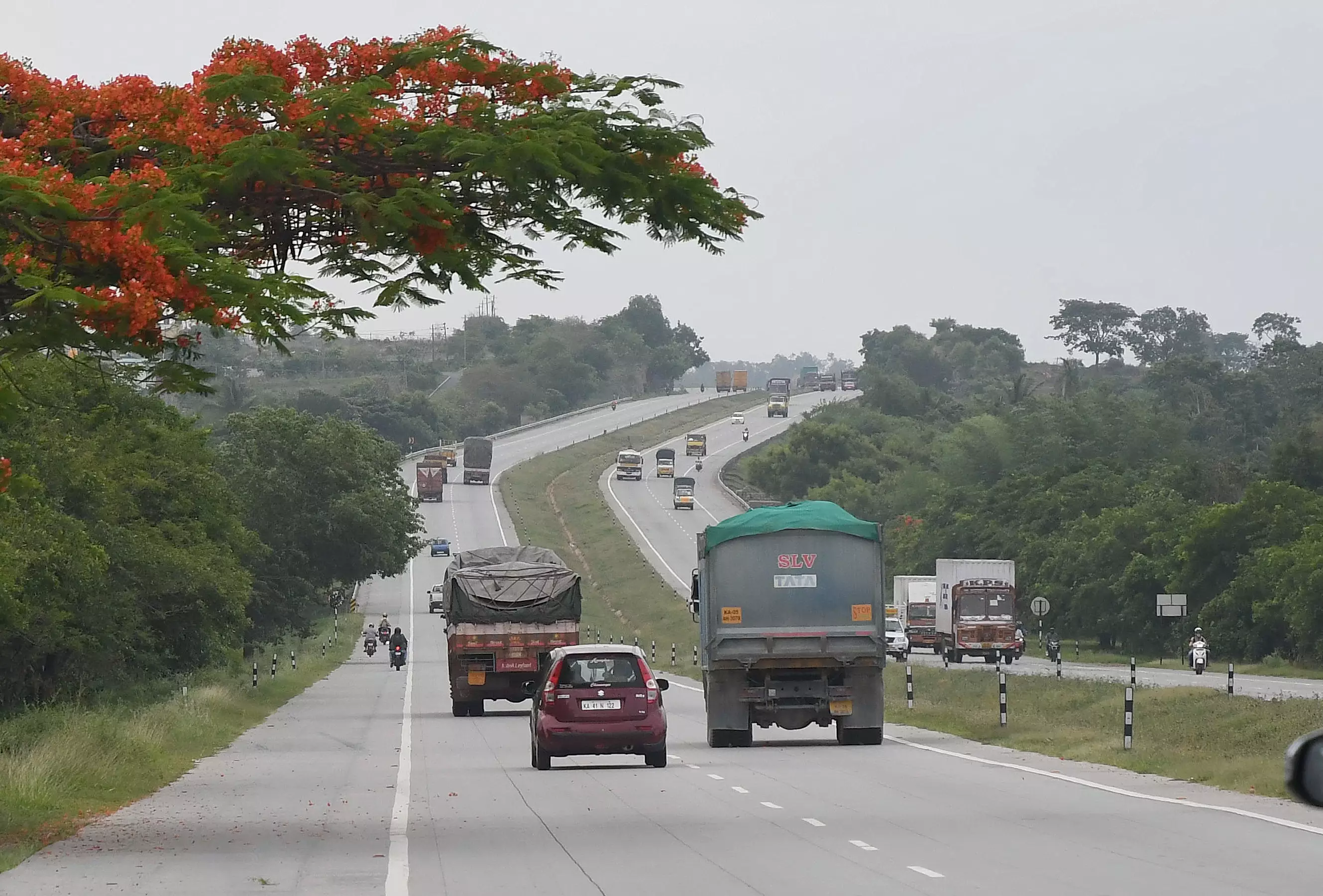
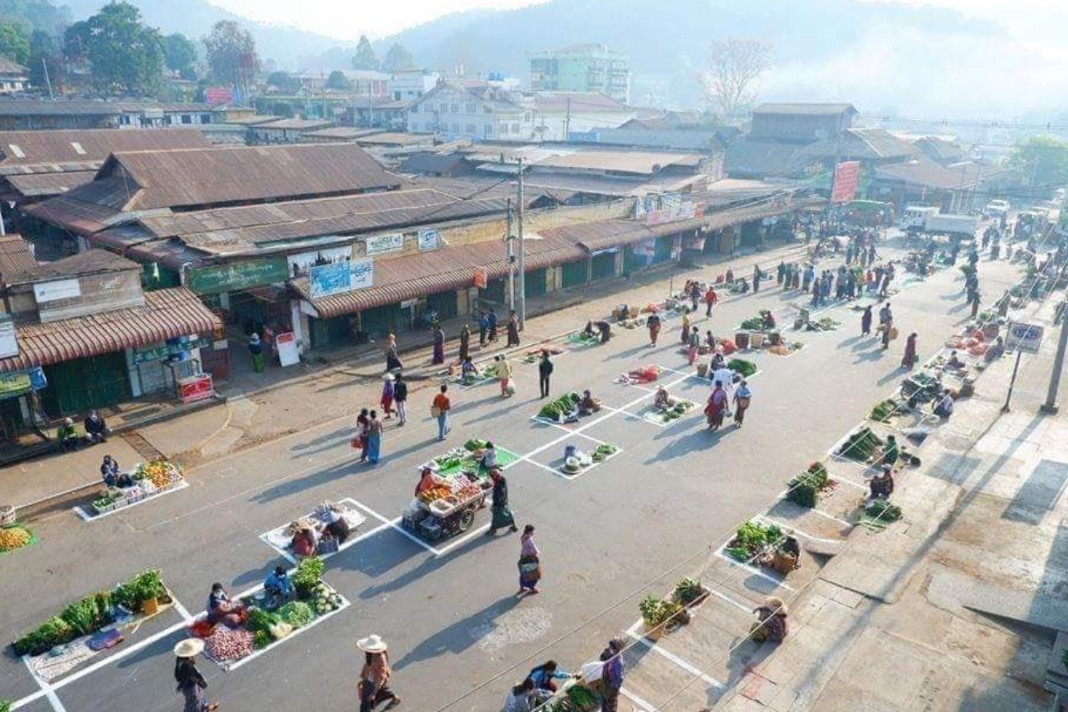
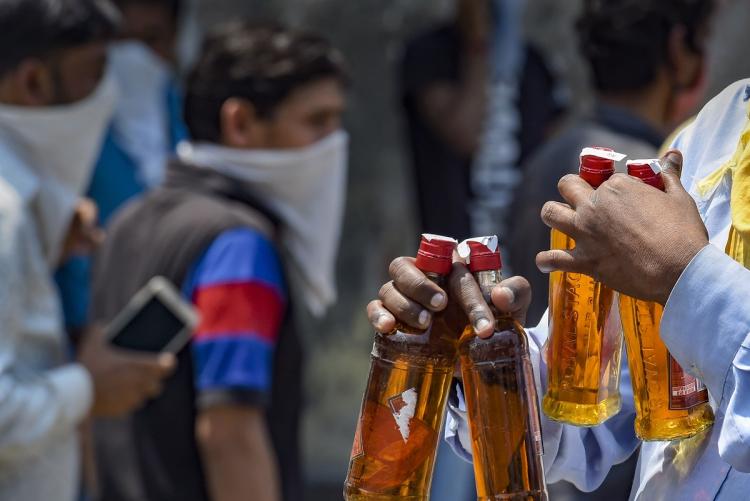
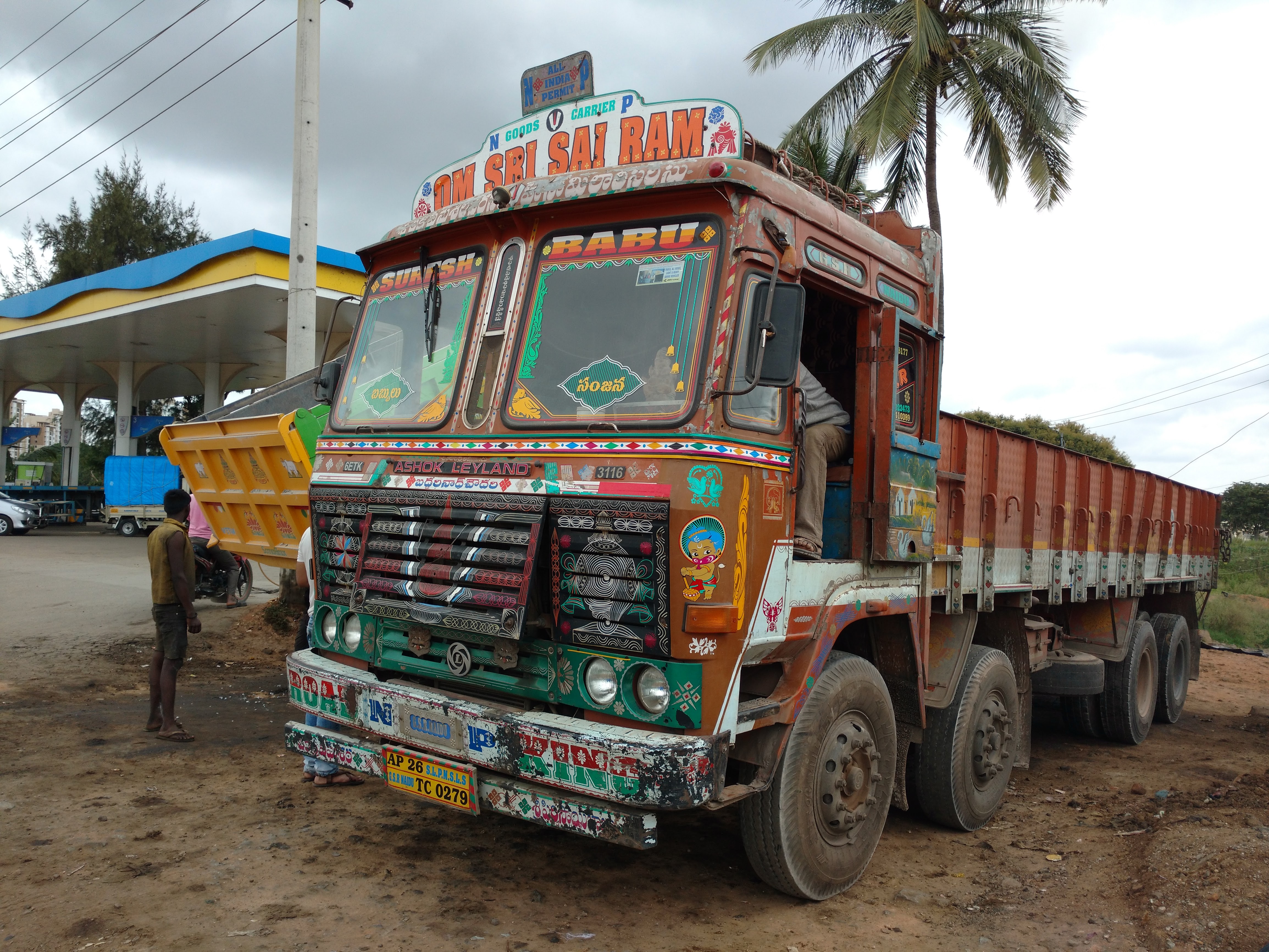
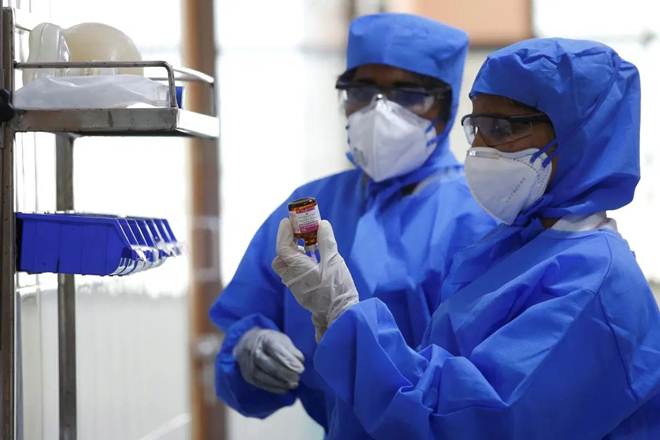
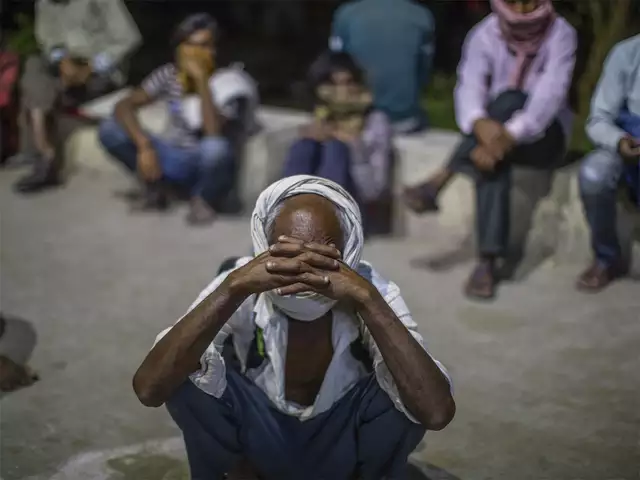

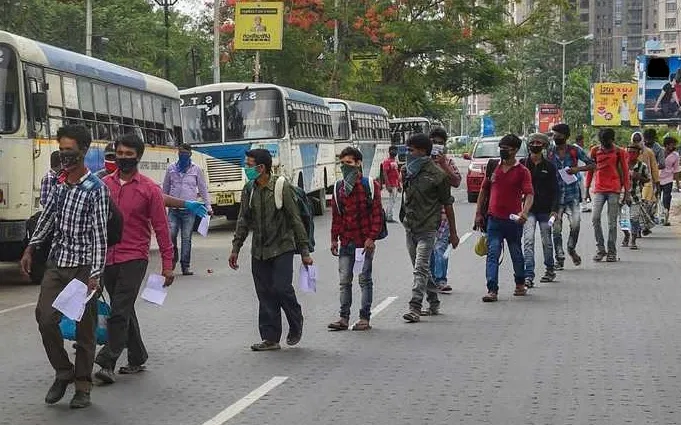

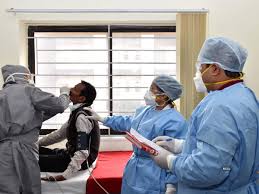

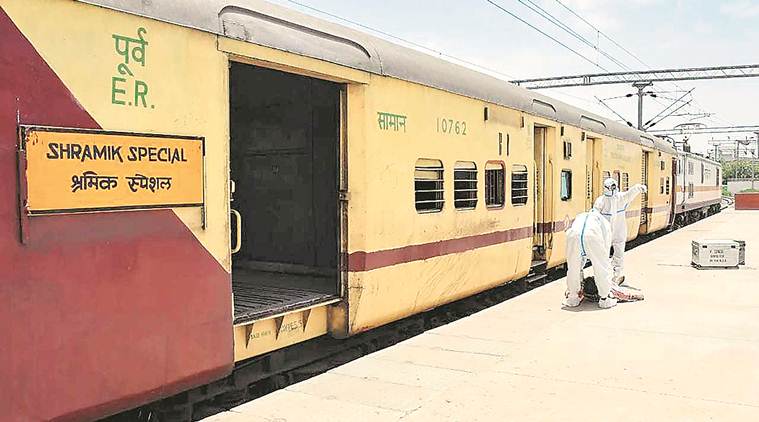




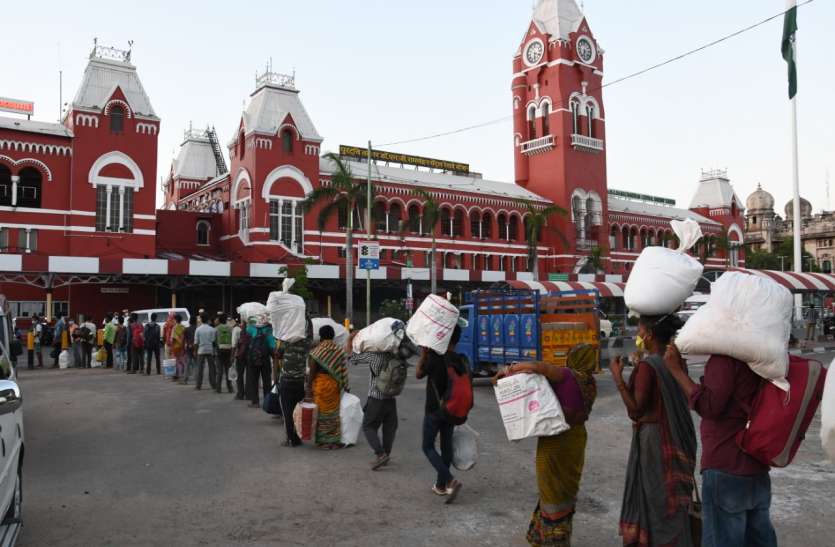
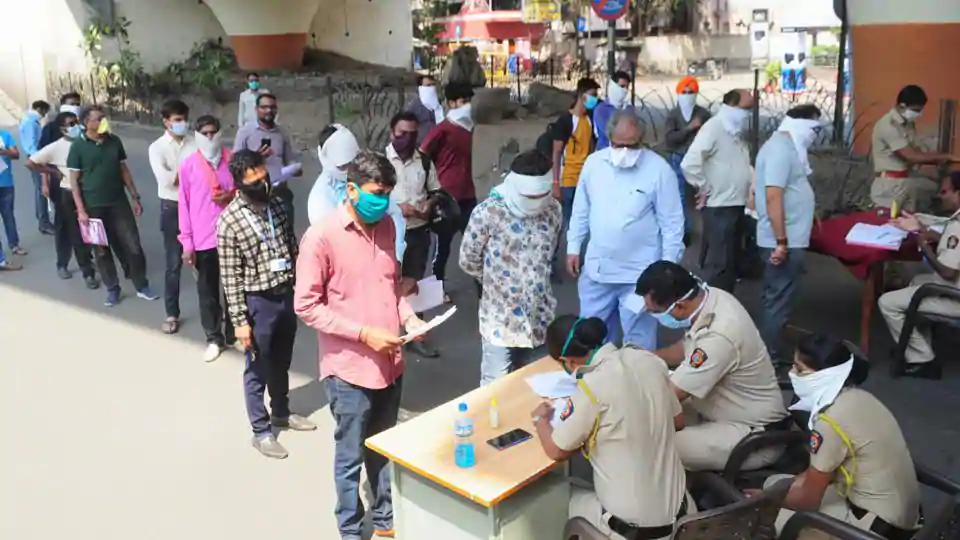
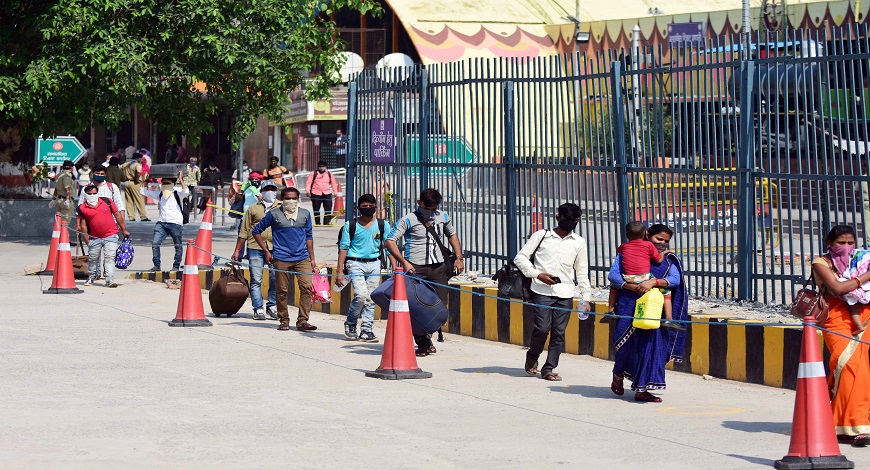
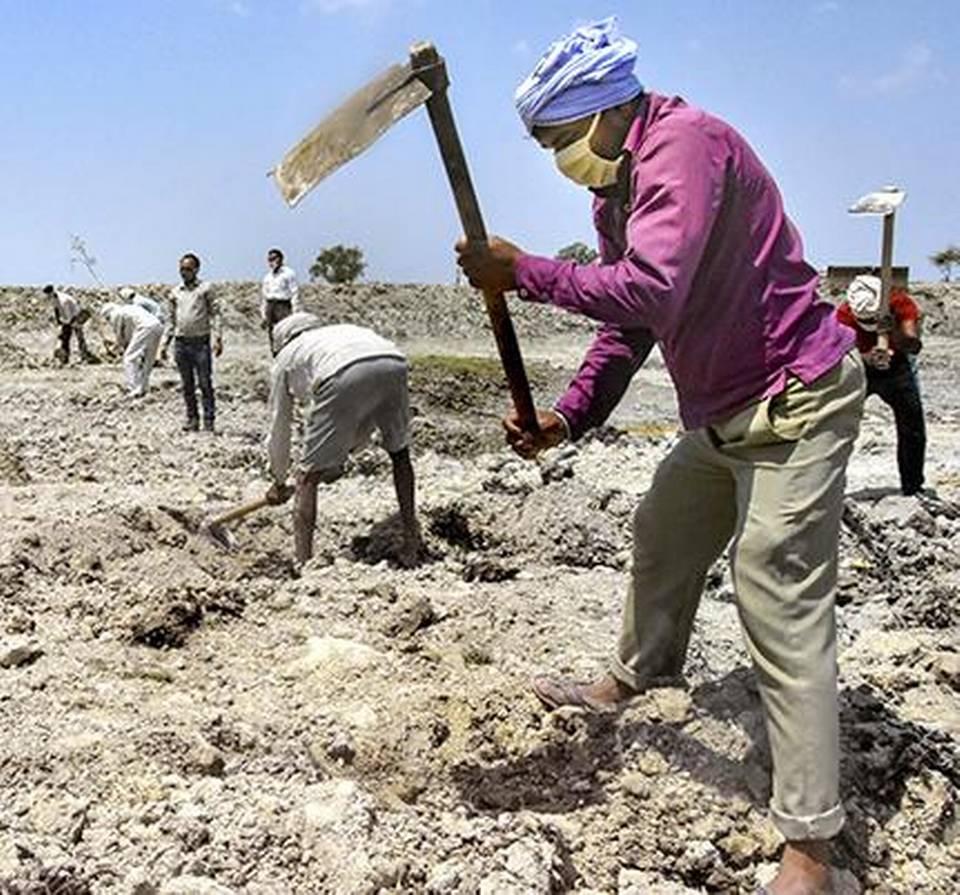
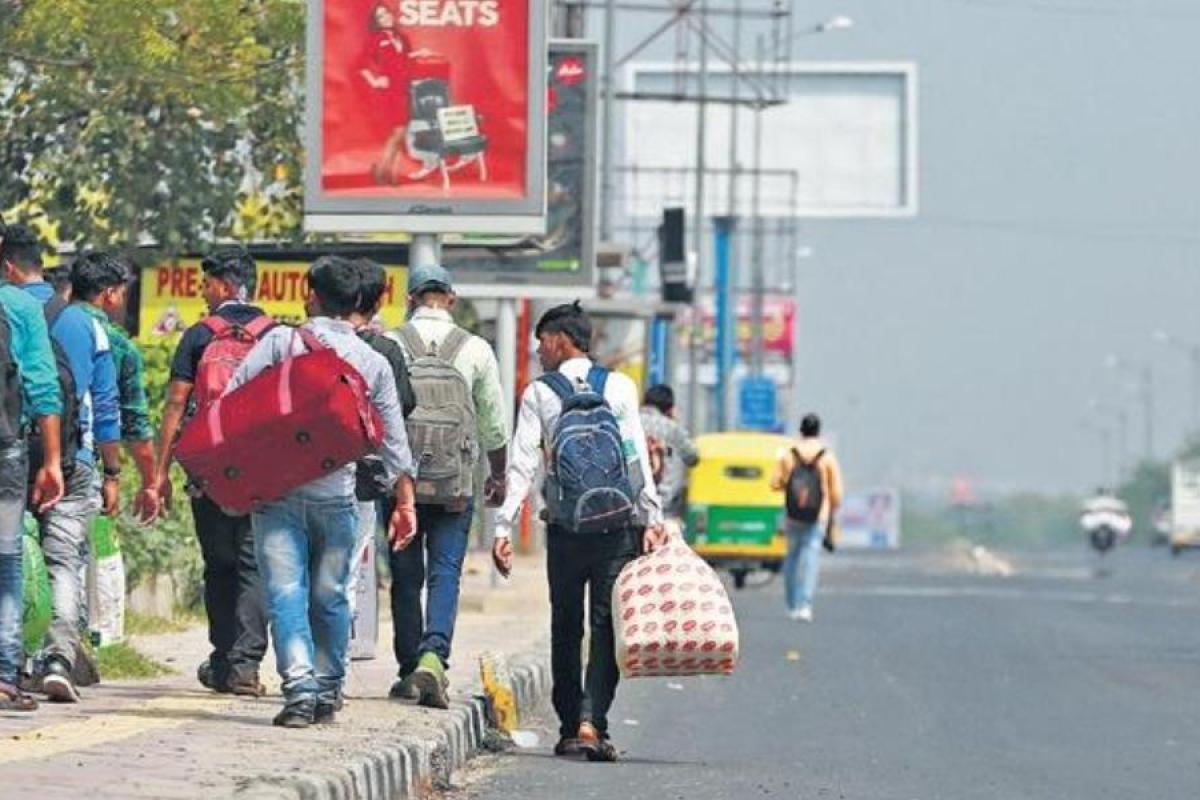
Ranjini Rao HS